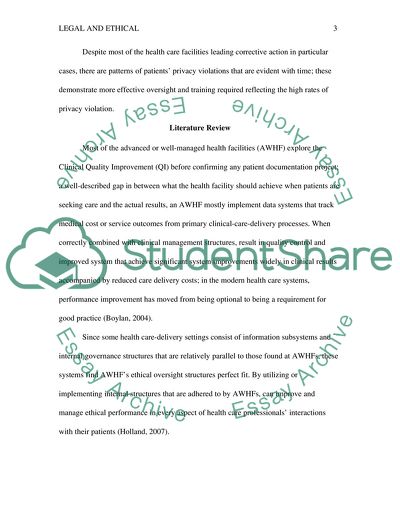Cite this document
(Legal and Ethical Impacts Research Proposal Example | Topics and Well Written Essays - 2000 words - 1, n.d.)
Legal and Ethical Impacts Research Proposal Example | Topics and Well Written Essays - 2000 words - 1. https://studentshare.org/health-sciences-medicine/1859381-health
Legal and Ethical Impacts Research Proposal Example | Topics and Well Written Essays - 2000 words - 1. https://studentshare.org/health-sciences-medicine/1859381-health
(Legal and Ethical Impacts Research Proposal Example | Topics and Well Written Essays - 2000 Words - 1)
Legal and Ethical Impacts Research Proposal Example | Topics and Well Written Essays - 2000 Words - 1. https://studentshare.org/health-sciences-medicine/1859381-health.
Legal and Ethical Impacts Research Proposal Example | Topics and Well Written Essays - 2000 Words - 1. https://studentshare.org/health-sciences-medicine/1859381-health.
“Legal and Ethical Impacts Research Proposal Example | Topics and Well Written Essays - 2000 Words - 1”. https://studentshare.org/health-sciences-medicine/1859381-health.


